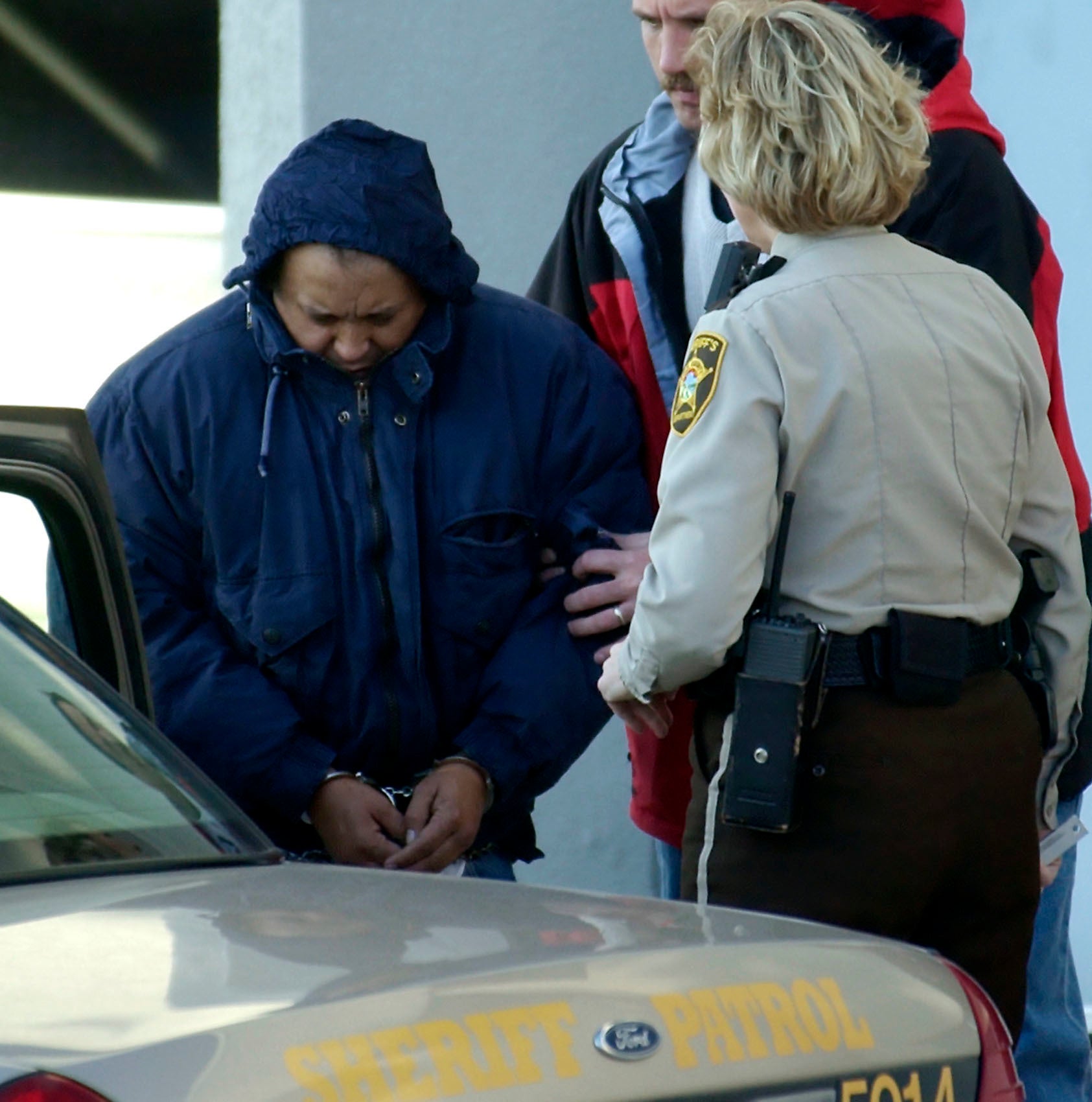Judge tosses death sentence in slaying of N. Dakota student
A federal judge has thrown out the death sentence for a man convicted in the 2003 slaying of a North Dakota college student

Your support helps us to tell the story
From reproductive rights to climate change to Big Tech, The Independent is on the ground when the story is developing. Whether it's investigating the financials of Elon Musk's pro-Trump PAC or producing our latest documentary, 'The A Word', which shines a light on the American women fighting for reproductive rights, we know how important it is to parse out the facts from the messaging.
At such a critical moment in US history, we need reporters on the ground. Your donation allows us to keep sending journalists to speak to both sides of the story.
The Independent is trusted by Americans across the entire political spectrum. And unlike many other quality news outlets, we choose not to lock Americans out of our reporting and analysis with paywalls. We believe quality journalism should be available to everyone, paid for by those who can afford it.
Your support makes all the difference.A federal judge has thrown out the death sentence for a man convicted in the 2003 slaying of a North Dakota college student.
Judge Ralph Erickson ruled Friday that misleading testimony from a medical examiner and limitations on mental health evidence had violated Alfonso Rodriguez Jr.'s constitutional rights. He ordered a new sentencing phase be conducted.
Rodriguez has been on death row at a federal prison for nearly two decades in the death of Dru Sjodin, a Minnesota woman who was abducted from a Grand Forks mall parking lot in November 2003.
Rodriguez, a sex offender, was arrested the following month. Despite several massive searches, Sjodin's body wasn't found until the following April near Crookston, Minnesota.
The abduction and slaying of Sjodin prompted a dramatic shift in the way Minnesota handles convicted sex offenders, leading to a spike in the number committed indefinitely to the state’s sex offender treatment program beyond their prison sentences. The program also confined people indefinitely while they were treated. And the national sex offender public registry, intended to give the public information on the whereabouts of registered sex offenders, was renamed for Sjodin.
Acting U.S. Attorney Nick Chase issued a statement but did not say what prosecutors planned to do next.
“The ruling does not affect the guilty verdict in the case, and Rodriguez remains in federal prison,” Chase said. “The United States Department of Justice will evaluate the opinion and access all possible options.”
Eric Montroy, Rodriguez's public defender, did not immediately respond to a phone message seeking comment.
In his ruling, Erickson wrote that Ramsey County Medical Examiner Michael McGee's testimony had been “unreliable, misleading and inaccurate” about the cause of Sjodin's death. He also wrote that Rodriguez's attorneys did a disservice to Rodriguez by choosing to limit a mental health evaluation of their client that could have cost him a possible insanity defense.
“While it is beyond question that Rodriguez abducted and murdered Sjodin, the evidence now in the record has led the Court to conclude that errors were made that violate the United States Constitution such that due process demands a new penalty phase trial be held,” Erickson wrote.
Erickson, who is now a judge on the 8th U.S. Circuit Court of Appeals, choked up when he handed down the death sentence as decided by a jury in September 2006. In October 2007, Erickson denied the first appeal in the case, saying that the jury correctly decided the case on the value of each factor for and against the death penalty, rather than “sheer numbers.”
“The evidence is sufficient to sustain a sentence of death,” Erickson said at the time.